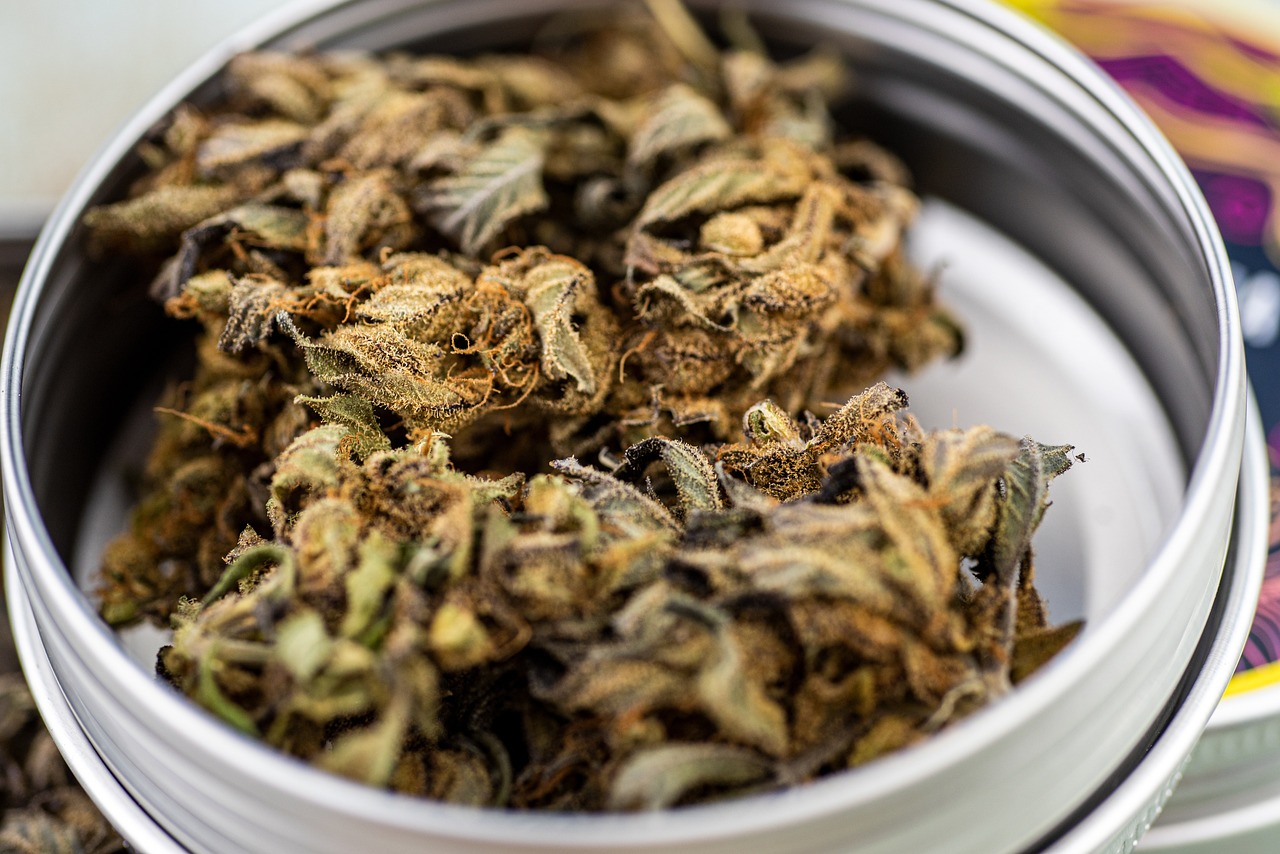How THCa Flower Can Enhance Your Wellbeing
How THCa Flower Can Enhance Your Wellbeing
In recent years, the interest in cannabis and its derivatives has surged, with many individuals exploring its potential benefits for health and wellness. Among the various compounds found in cannabis, THCa (tetrahydrocannabinolic acid) has gained attention for its unique properties. This article explores how Quality-tested THCa Flower can contribute to enhancing your wellbeing, supported by research, examples, and case studies.
Understanding THCa: The Basics
THCa is a non-psychoactive cannabinoid found in raw and live cannabis plants. Unlike THC (tetrahydrocannabinol), which is known for its psychoactive effects, THCa does not produce a “high.” This makes it an appealing option for those seeking the therapeutic benefits of cannabis without the mind-altering effects.
How THCa Works
THCa interacts with the body’s endocannabinoid system, which plays a role in regulating various physiological processes. This interaction can potentially offer a range of health benefits, making THCa a subject of interest for researchers and health enthusiasts alike.
Potential Health Benefits of THCa
Research into THCa flower is still in its early stages, but preliminary findings suggest several potential health benefits:
- Anti-inflammatory Properties: THCa may help reduce inflammation, which is linked to numerous chronic conditions.
- Neuroprotective Effects: Some studies indicate that THCa could protect brain cells, potentially benefiting those with neurodegenerative diseases.
- Anti-emetic Benefits: THCa might help alleviate nausea and vomiting, making it useful for individuals undergoing chemotherapy.
- Pain Relief: The compound may offer analgesic properties, providing relief for those with chronic pain.
Case Studies and Research
Several case studies and research efforts have highlighted the potential of THCa in various therapeutic contexts. For instance, a study published in the “Journal of Neuroimmune Pharmacology” explored THCa’s anti-inflammatory effects, showing promising results in reducing inflammation markers in animal models.
Another study focused on THCa’s neuroprotective properties, suggesting that it could play a role in managing conditions like Alzheimer’s disease. These findings, while preliminary, offer a glimpse into the potential applications of THCa in medical settings.
Incorporating THCa Flower into Your Routine
For those interested in exploring the benefits of THCa, incorporating THCa flower into daily routines can be a practical approach. Here are some ways to do so:
- Juicing Raw Cannabis: Consuming raw cannabis juice is a popular method to intake THCa without decarboxylation, preserving its non-psychoactive properties.
- Topical Applications: THCa-infused creams and balms can be applied directly to the skin for localized relief from pain and inflammation.
- Capsules and Tinctures: These products offer a convenient way to consume THCa, allowing for precise dosing and easy integration into daily routines.
Considerations for Use
When incorporating THCa into your wellness routine, it’s important to consider factors such as dosage, product quality, and individual health conditions. Consulting with a healthcare professional can provide personalized guidance and ensure safe usage.
Legal and Safety Aspects
The legal status of THCa varies by region, so it’s crucial to be informed about local regulations before purchasing or using THCa products. Additionally, while THCa is generally considered safe, potential interactions with medications or underlying health conditions should be discussed with a healthcare provider.
Quality and Sourcing
When selecting THCa products, prioritize quality and transparency. Look for products that have been third-party tested for purity and potency. Reputable brands often provide detailed information about their sourcing and manufacturing processes, ensuring that consumers receive safe and effective products.
Conclusion
THCa flower presents a promising avenue for enhancing wellbeing through its potential anti-inflammatory, neuroprotective, and analgesic properties. While research is still evolving, the existing evidence suggests that THCa could offer significant benefits for those seeking natural alternatives for health management. By understanding its properties and incorporating it thoughtfully into daily routines, individuals can explore the potential of THCa to support their overall wellness journey.

